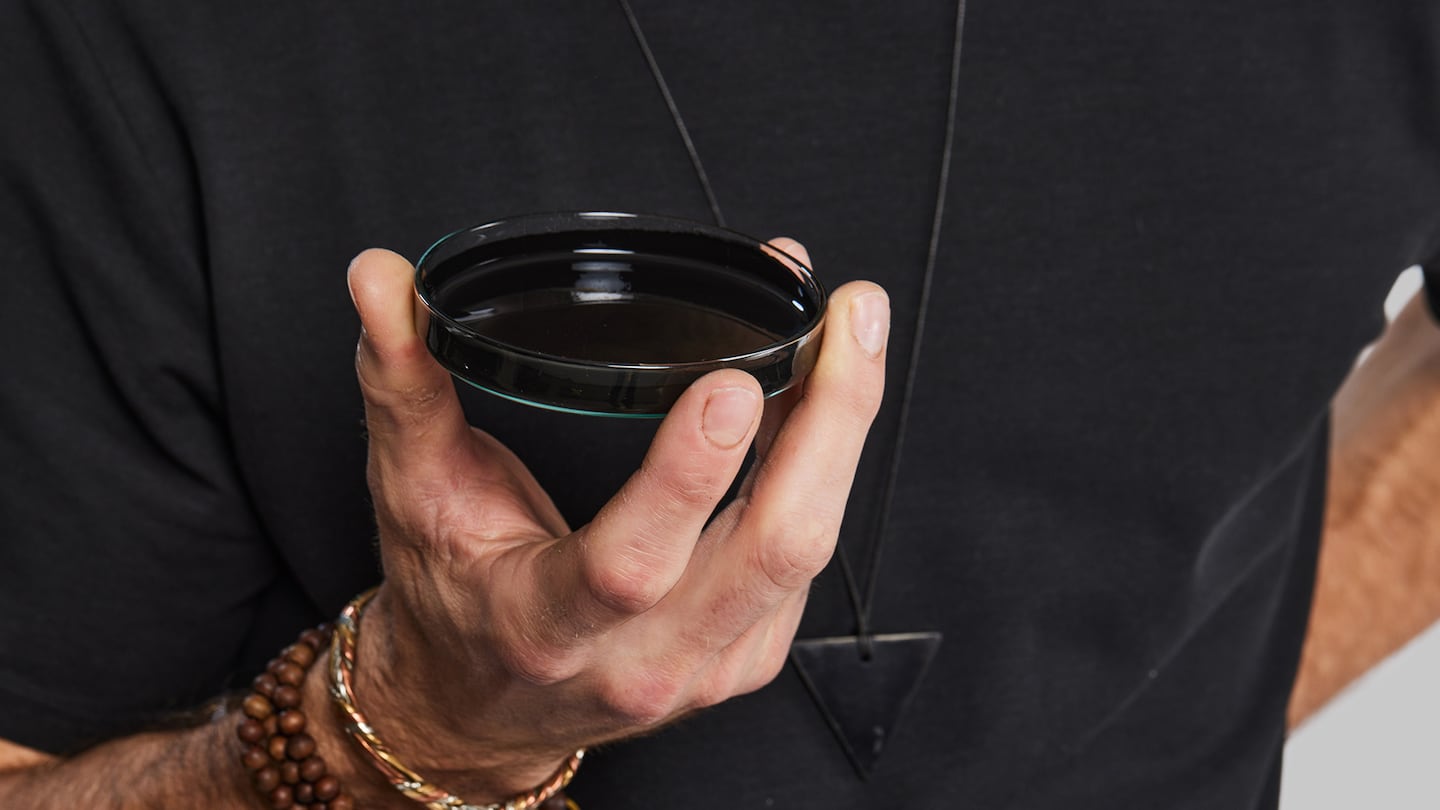
The Business of Fashion
Agenda-setting intelligence, analysis and advice for the global fashion community.

Agenda-setting intelligence, analysis and advice for the global fashion community.

Nature Coatings, the start-up behind a “carbon negative” black pigment dye, has raised $2.45 million in a seed funding round, the company announced. The round was led by early-stage venture fund Regeneration.VC and The 22 Fund, with participation from Leonardo DiCaprio.
Nature Coatings was founded by natural dye specialist Jane Palmer, who saw demand for more environmentally friendly pigments in her work as a maker of vegetable dyes for fashion brands.
Synthetic dyes often contain hazardous chemicals, which end up polluting the water systems outside of garment production facilities and beyond. Carbon black, the black powder most used for black colouring in textile products, can be particularly harmful because of its carcinogenic makeup.
Nature Coatings is known for its signature black dye alternative, BioBlack TX, which is made from wood waste. The company used a grant from the National Science Foundation to launch the product in 2017. In the fashion realm, the dye can be used for T-shirt printing, denim coating, leather coating and packaging. It counts Kering and Levi’s as brand customers.
ADVERTISEMENT
Nature Coating’s new capital will be used to sell its products to more brands, develop the company’s new production facility in Georgia and expand its headcount.
Nature Coatings’ proprietary black pigment is ready to be scaled for more production and distribution, said Dan Fishman, general partner at Regeneration.VC, but the company needs skilled hires to pull that off.
In 2020, the Kering brand became one of BioBlack TX’s first adopters in the fashion industry. The group now uses the pigment for four major brands across printing, leather, and denim. Nature Coatings has also worked with Levi’s and has been adopted by Target. It’s currently in the process of developing new products beyond BioBlack TX, according to Palmer.
“I don’t feel like only a special few should have access to things that are healthy and safe, I think that’s for everybody,” she said.
Learn more:
‘Better’ Materials Aren’t Enough to Dent Fashion’s Climate Impact
Fashion brands are sourcing more recycled polyester, certified cotton and deforestation-free viscose than ever, but emissions from the industry’s raw material supply chain have bounced back from pandemic lows.
The online fashion retailer plans to update China’s securities regulator on the change of the initial public offering venue and file with the London Stock Exchange as soon as this month, a person with knowledge of the matter said.
For dozens of brands, dressing stars for the Met Gala comes at a significant cost. It’s not always clear how they should measure their return on investment, writes Imran Amed.
The New York Times’ chief fashion critic joins BoF founder and editor-in-chief Imran Amed to share her 2024′s Met Gala.
This month, BoF Careers provides essential sector insights to help marketing professionals decode fashion’s creative and commercial landscape.